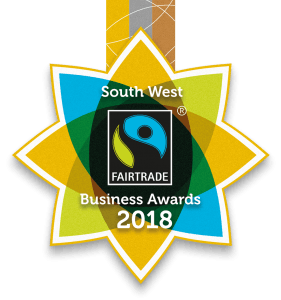The botanical name for the banana is musa sapientum, which means “fruit of the wise men” – we couldn’t agree more!>
Get your Christmas orders in! Browse our festive shop
About Us
- Home
- About Us
- News from The Farm
- Fruit of the month: Banana

Search
Our Most Popular Boxes
Do we deliver to you?
We deliver to Bristol, Bath, Chew Valley, Weston-Super-Mare, Frome and plenty of places in-between!
The Community Farm
Denny Lane
Chew Magna
Bristol BS40 8SZ
Our Outlets
Saturdays 9am-2pm
The same wonderful, organic produce that goes into our veg boxes is available for sale at The Farm's Veg Shed.
The Community Farm is a not-for-profit organisation, registered with the Financial Conduct Authority as a Community Benefit Society.
Our registration number on the Mutuals Public Register is 31018 R. Our companies Number at Companies House is IP031018
© 2025 The Community Farm













